The Mercy Corps Fellowship 2026 is a fully funded leadership and professional development program for emerging global development professionals. Learn eligibility, benefits, placements, application steps, selection tips, and FAQs.
Executive summary: what the Mercy Corps Fellowship 2026 offers
The Mercy Corps Fellowship 2026 is a fully funded professional development program designed to accelerate the careers of early- to mid-career practitioners in humanitarian and development fields. Fellows receive a monthly stipend, travel and accommodation support for in-country or cross-country placements, structured training, and mentorship while working on operationally relevant projects in Mercy Corps country offices and global programs.
Program length and structure: typically 6–12 months; may combine field placements with HQ-based modules.
Fully funded components: travel, accommodation, living stipend, training fees, and mentorship.
The fellowship is intentionally experiential: you’ll work on real projects that affect communities and systems, not on “shadow” tasks. That makes the Mercy Corps Fellowship 2026 a high-impact springboard into program management, policy, and technical roles.
Who runs the fellowship and why it matters
Mercy Corps: mission and reach
Mercy Corps is a major global NGO focused on crisis response, resilience, economic development, climate adaptation, and inclusion. Operating in 30–40+ countries, Mercy Corps combines field operations with policy and innovation work—ideal exposure for an aspiring international development professional.
Why a Mercy Corps fellowship adds career value
Placement with Mercy Corps provides direct field experience, a sizable global alumni network, and visibility with donor-funded projects—assets that recruiters and hiring managers value across the UN, multilateral agencies, INGOs, and the private sector.
Program objectives and learning outcomes
Leadership and professional development
Fellows leave with improved project management, stakeholder engagement, and leadership skills. The program emphasizes mentorship, reflective practice, and leadership coaching.
Technical skills and sector exposure
Depending on your track, you’ll gain sector-specific skills (climate resilience design, cash and voucher assistance, market systems, M&E, gender integration, digital inclusion), alongside practical abilities (proposal writing, monitoring frameworks, data analysis).
Who should apply: ideal candidate profile
Required academic and professional background
- Bachelor’s degree (required); Master’s often preferred for technical tracks.
- At least 2 years of relevant work or volunteer experience—some placements accept strong recent graduates with internships.
Soft skills and personal attributes
- Adaptability, cultural humility, strong communication, teamwork, and problem-solving under pressure.
- Willingness to travel and live in field settings, sometimes in remote or transitional contexts.
Eligibility criteria and selection prerequisites
Minimum education and experience
- Bachelor’s degree (relevant fields such as international development, public policy, environmental science, economics, public health, or technology).
- 2+ years professional or significant volunteer experience preferred.
Geographic, language, and mobility requirements
- Open to international candidates; some priority regional quotas may apply.
- Proficiency in English; additional languages (French, Arabic, Spanish) strengthen applications.
- Ability to travel and accept field security constraints where applicable.
Fellowship components and placements
Typical country office placements
Most fellows serve in Mercy Corps country offices—working on design and delivery of programs (e.g., resilience programming in the Horn of Africa, economic inclusion in Latin America).
Headquarters and regional placements
Some fellows join regional or HQ teams (policy, evidence, operations, MEAL) for mixed exposure.
Thematic tracks
Common focus areas include:
- Climate resilience and environmental sustainability
- Humanitarian response and emergency operations
- Economic development and financial inclusion
- Gender equality and youth empowerment
- Innovation and digital transformation
Financial and in-kind support: what “fully funded” covers
Monthly stipend and living support
Fellows receive a monthly stipend calibrated to living costs of the duty station. This is intended to cover daily living expenses.
Travel, accommodation, and insurance
Airfare to placement, short-term housing or housing allowance, and health/medical insurance are included. Additional in-country travel for duties is usually covered.
Training, mentorship, and networking
The fellowship covers formal trainings, onboarding workshops, and mentoring from senior Mercy Corps staff.
Day-to-day experience: sample week of a fellow
Field assignment day
- Morning: Coordination meeting with program team and local partners.
- Midday: Field visit or community consultation to collect data or monitor activities.
- Afternoon: Drafting technical briefs, updating M&E tracker, debriefing with supervisor.
HQ assignment day
- Morning: Stand-up with a multi-country team to review deliverables.
- Midday: Draft policy note or evidence brief for donors.
- Afternoon: Virtual stakeholder meetings and mentorship session.
Application process step-by-step
- Find the listing on the Mercy Corps careers page; identify the correct fellowship post for your region or track.
- Prepare documents: up-to-date CV, targeted cover letter, 1–2 page motivation statement, and references.
- Submit online through the Mercy Corps application portal.
- Assessment stages: shortlisting → competency-based interview(s) → technical assessment or case study → reference checks.
- Offer and onboarding: conditional offer based on vetting, medical clearance, and agreement to code of conduct.
Preparing documents: CV, cover letter, references
Be concrete: quantify impact, list tools and languages, and emphasize relevant program design/implementation examples.
Motivational essays and interview rounds
Expect behavioral interview questions (STAR format), and possibly a short technical task or presentation.
Follow Our Social Media Pages
Join Our WhatsApp Group
Join Our WhatsApp Channel
Follow Our Facebook Page
Related Posts
- UNICEF Climate Resilience Internship 2026 – Paid Global Opportunity for Graduates
- World Bank Summer Internship Program 2025 – Fully Funded
- UNDP Research Fellowship 2025 – Global Opportunities for Graduates
- Gates Foundation Internship Program 2025 – Apply for Global Roles
How selection works: scoring and decision criteria
Competency-based evaluation
Mercy Corps rates candidates on technical skills, leadership potential, adaptability, and alignment with organizational values. Evidence of hands-on experience and results matters.
Diversity, equity, and inclusion considerations
Mercy Corps prioritizes diversity—gender balance, geographic representation, and inclusion of candidates from underrepresented communities.
How to stand out: application tips and sample questions
Crafting a compelling motivation statement
Focus on: why Mercy Corps, why this track, what unique experience you bring, and a short example of impact (e.g., “Designed a cash transfer pilot that reached 3,000 households and improved food security indicators by X”).
Portfolio, work samples, and referees
Attach relevant reports, briefings, or monitoring tools. Provide referees who can speak to your program delivery and collaboration skills.
Sample interview questions
- Describe a time you managed a deadline under resource constraints.
- How did your intervention measure impact? Which indicators did you use?
- How would you handle conflict between a donor request and community priorities?
What fellows do after the program
Career pathways inside Mercy Corps
Many fellows transition into technical or management roles within Mercy Corps—program officer, MEAL specialist, or ops coordinator—depending on openings and performance.
External opportunities and networks
Fellows build networks that accelerate entry into UN agencies, donor organizations, consultancies, and academia.
Risks, caveats, and common misconceptions
Employment expectations after the fellowship
The fellowship is not a guaranteed job. It’s designed to enhance employability; outcome depends on performance, openings, and alignment with strategic needs.
Visa, security, and personal costs
Mercy Corps covers core costs, but personal expenses (visa renewal costs in some countries, family relocation, long-term housing deposits) may fall to the fellow. Security and medical clearances are required for some duty stations.
Testimonials and success stories (what alumni say)
Alumni commonly report:
- Faster promotion trajectories post-fellowship.
- Improved technical competency in MEAL, proposal writing, and stakeholder engagement.
- Expanded professional network and mentorship relationships.
Frequently Asked Questions (FAQ)
1. What is the Mercy Corps Fellowship 2026 and who runs it?
The Mercy Corps Fellowship 2026 is a fully funded professional development program administered by Mercy Corps that places fellows in operational and programmatic roles in Mercy Corps country offices and programs worldwide.
2. Is the fellowship paid?
Yes. The fellowship is fully funded—covering a monthly stipend, travel, accommodation, insurance, and training costs associated with the fellowship.
3. How long is the fellowship?
Fellowship durations typically range from 6 to 12 months, depending on the specific program track and placement.
4. What are the minimum eligibility requirements?
A bachelor’s degree in a relevant field and at least two years’ work or volunteer experience in development or humanitarian sectors are generally required. Requirements vary by track.
5. Do I need prior field experience?
Prior field experience strengthens an application but outstanding candidates with relevant internships or technical competencies may also be considered.
6. Will Mercy Corps provide visa support?
Mercy Corps typically supports logistical arrangements including official letters and guidance; the specifics depend on the duty station and host-country regulations. Fellows should be prepared to assist with their own visa processing where needed.
7. Is there post-fellowship employment guaranteed?
No. While many alumni move into roles within Mercy Corps or partner organizations, employment is not guaranteed.
8. Can international applicants apply?
Yes. Mercy Corps accepts international applicants; some placements may prioritize regional candidates for operational reasons.
9. How competitive is the selection process?
Highly competitive. Strong technical skills, demonstrable impact, and clear alignment with Mercy Corps’ mission improve chances.
10. When and where do I apply?
Applications are submitted through the Mercy Corps careers portal when the fellowship window opens; check the Mercy Corps website for the official Mercy Corps Fellowship 2026 listing.
Conclusion: is the Mercy Corps Fellowship 2026 right for you?
If you are an emerging leader seeking immersive, hands-on experience in humanitarian response, resilience programming, or development innovation—and you want a fully supported pathway into high-impact program roles—the Mercy Corps Fellowship 2026 is a compelling option. It combines practical field assignments, structured learning, mentorship, and global networking to accelerate your career.
Final checklist before you apply
- Confirm eligibility (degree, experience, language).
- Prepare a clear, impact-focused CV and motivation letter.
- Collect strong references and any work samples.
- Be ready for competency-based interviews and technical tasks.
Suggested next steps & application resources
- Visit the Mercy Corps careers page and search “Global Fellowship 2026.”
- Prepare a concise one-page motivation statement targeted to a specific track.
- Update your LinkedIn and ensure referees are briefed and available.
- Sign up for Mercy Corps mailing lists and alumni webinars to learn more.
Official contact & fraud warning: Mercy Corps never charges applicants fees. Official communications will come from an @mercycorps.org address. Report suspicious contacts to careers@mercycorps.org.
Suggested Keywords: Mercy Corps Fellowship 2026, Mercy Corps fellowship, fully funded fellowship, global development fellowship, humanitarian fellowship 2026, Mercy Corps careers, international development fellowship, young professionals fellowship, field placements Mercy Corps, apply Mercy Corps fellowship, paid fellowship 2026, development leadership program
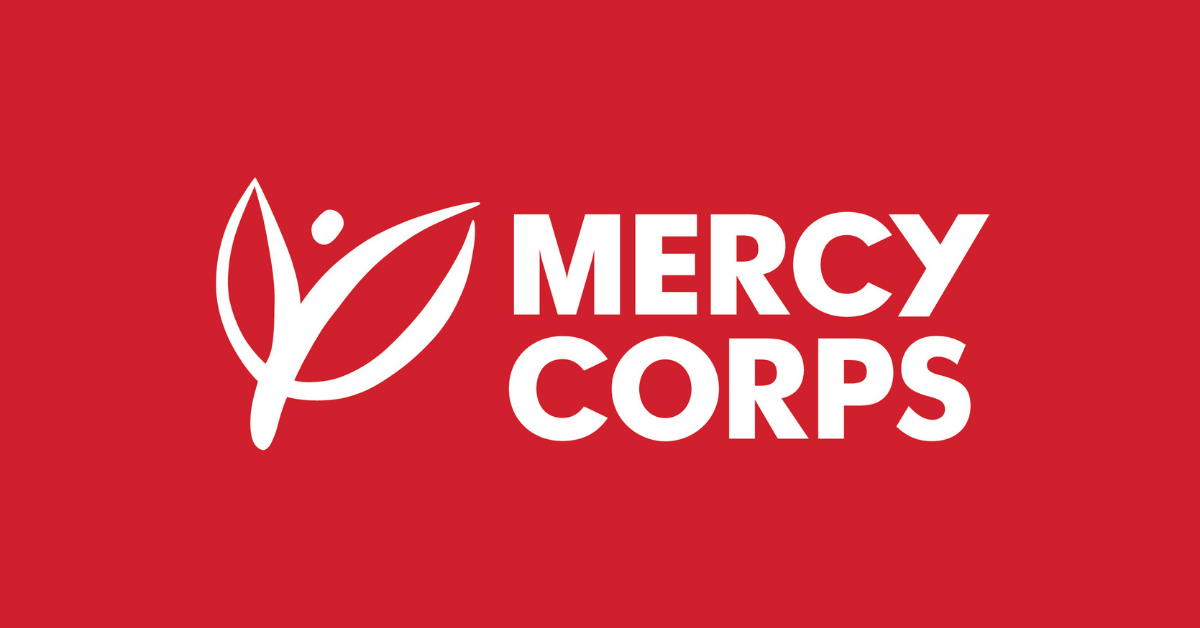

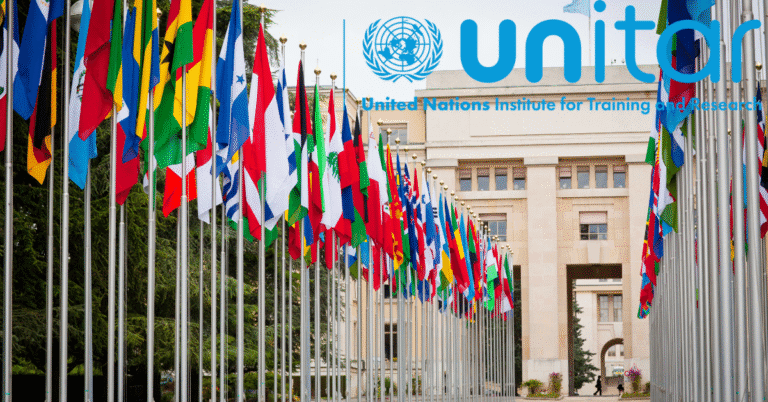


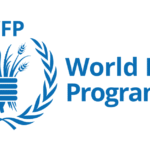
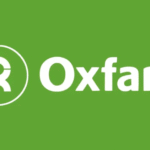
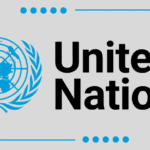
l am student at university of Rwanda
l am student at university of Rwanda in busogo campus
Department of agricultural economics and agribusiness in year one student